What is Homesteading? (current trends 2022)

What is homesteading?
With a growing interest in becoming more self-sufficient, many people are asking “What is homesteading?”
The simple answer is that homesteading is a way of living in which you own and live on the land you farm or ranch.
But homesteading is also an overall ethic or way of life. It includes a method of land use whereby a person either holds title to the land they occupy and uses it as their primary residence or farm, or leases it from a a landowner while also working the land in a mutually beneficial partnership with nature.
{Affiliate links included below}
📌pin this for later!📌
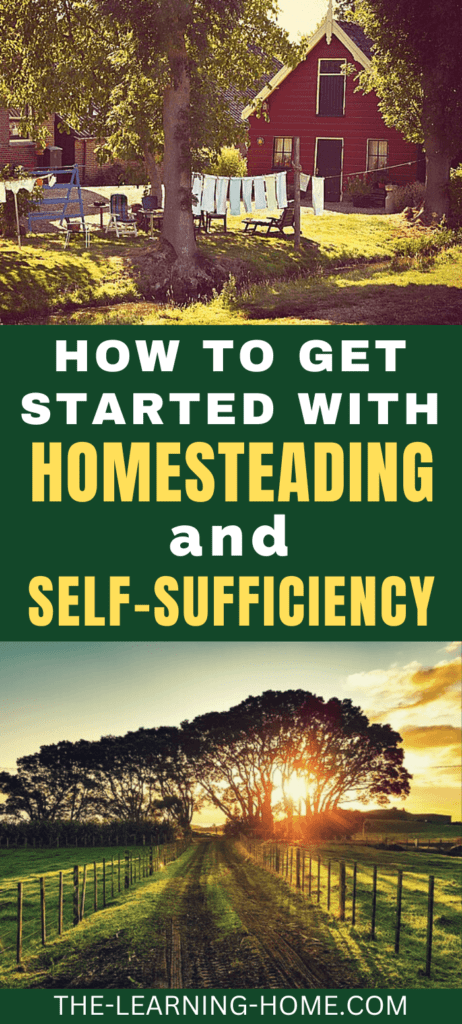
Advantages of homesteading
Homesteading offers a number of advantages, including:
- Reduced costs. Operating a rural homestead can be much cheaper than renting or buying land in an urban area.
- Reduced environmental impact. When done in a way that promotes responsible stewardship, homesteading produces fewer environmental toxins than traditional lifestyles.
- Greater autonomy and lifestyle freedom. Homesteading gives people greater control over their lives and environments.
- Greater self-reliance. Homesteading requires less reliance on external sources of support such as utilities or financial institutions.
- Greater self-sufficiency. Homesteading can help people become more self-sufficient, allowing them to take care of themselves, their families, and their belongings.
- Greater social and community involvement. Homesteading often leads to involvement in local, community-based organizations, and close ties to like-minded neighbors.

Disadvantages of homesteading
Some potential disadvantages of homesteading include:
- Lack of city services. Basic urban conveniences and utilities such as trash service and public water supplies may be missing or limited in rural areas.
- Limited access to transportation. Buses, trains, and airplanes are few and far between in rural areas. You may also be far away from major transportation routes such as interstate highways.
- Higher cost of living due to limited resources. Don’t expect Target and Wal-Mart to be close by when you are far away from large urban areas. Instead, you will be limited to small, local stores that can’t match the prices of large stores.
- Difficulties in selling or renting property. Demand for rural properties is typically less than that for urban ones, although in recent years more and more people have sought to escape cities in favor of the country.
How to get started with homesteading
One possible way to get started with homesteading is to read up on the topic and then take some practical steps to get started.
For example, you could start by researching the different types of homesteading options available to you, sorting out what you can realistically tackle, and making a list of what you need in order to get started.
Once you have a good idea of what you need, you can start searching for suitable land and shopping for the necessary items you’ll require for a successful homestead.
Finally, be patient and stay focused, and you will soon be enjoying the benefits of a self-sufficient homestead!
Is homesteading expensive?
Depending on what you consider to be “expensive,” homesteading may or may not be expensive.
Items that might be considered “expensive” when compared to buying groceries or renting an apartment may not be as costly when considered in the context of owning one’s own home.
On the other hand, if you are thinking of homesteading as a full-time occupation, then the costs of supplies, land, and other necessary expenses can add up rather quickly.

Trends in homesteading
There is a trend towards homesteading in recent years of people wanting to live more self-sufficiently and closer to the land.
This desire is largely due to concerns over the economy and the increasing cost of living. People are looking for ways to save money and live a more sustainable lifestyle.
Recent trends have seen an exodus from large urban areas to smaller cities and rural areas.
One way people are trying to live more sustainably is by becoming homesteaders. As mentioned, homesteading is a way of living that involves owning and operating your own land. This can be done through owning land outright, or through leasing it from a landowner.
It can also involve working the land yourself, or in some cases contracting out work to others.
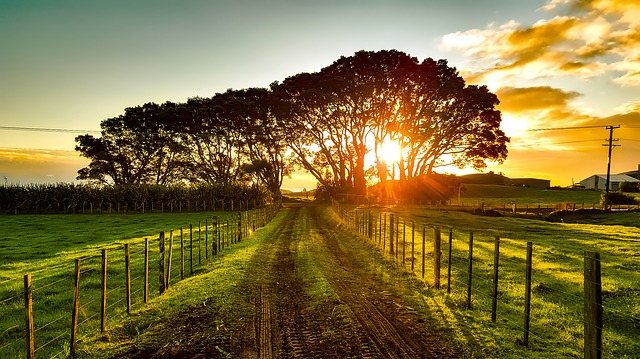
There are truly many benefits to becoming a homesteader. One benefit is that you become more self-reliant. You don’t have to rely on outside sources for everything. You can also save money on costs related to food, housing, and transportation.
Another trend in homesteading is the growing popularity of urban homesteading. This involves creating your own mini-farm within city limits. Urban homesteaders often have large gardens and animals like chickens or milk goats, where allowed by local regulations.
What is living off-grid?
Living off-grid refers to the practice of living without access to a traditional electrical grid.
Off-grid living can be achieved through a variety of means, such as using solar panels and/or wind power, constructing your own renewable energy system, or installing a gasoline or propane-powered generator.
Living off-grid is not required to have a homestead. However, it can be a viable way to reduce your ecological impact and enjoy natural resources, privacy, and independence without relying on outside electricity.
Prepping and homesteading
Prepping and homesteading is a way of life that allows people to provide for themselves and their families in times of emergency or when other conventional methods of support are unavailable.
Prepping involves acquiring and storing food, water, fuel, medical supplies, and other essentials, and homesteading involves establishing a self-sufficient farm or ranch.
Prepping and homesteading can be a way to provide food, water, energy, medical supplies and other essential needs during a time of crisis or when other conventional methods of support are unavailable.
For example, by stockpiling food, water, and energy resources, preppers can be ready to face any type of emergency. Self-sufficient homesteaders can also provide their own food, water, and energy resources, which can help them to become more self-reliant during tough times.
Can I make a living off of homesteading?
Yes, some people do make a living off of homesteading. You will need to invest in some equipment and/or land, but many people are able to earn a living by raising crops and animals, or providing services out of your homestead business.
Check out: 10 Ways Homesteaders Can Make a Living
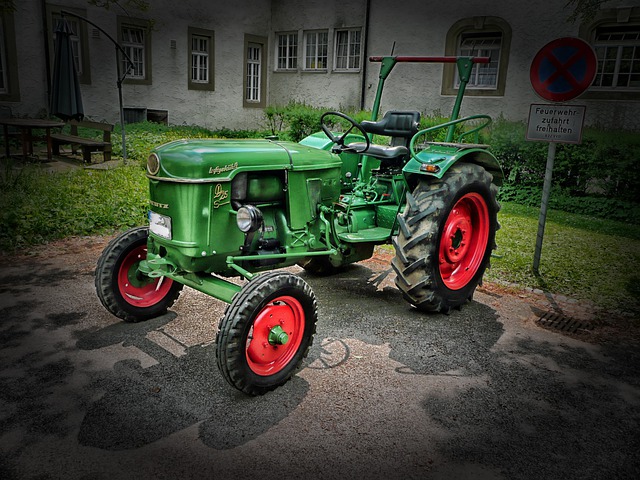
Final thoughts on homesteading
Here we’ve tried to answer the question “what is homesteading?”
Homesteading is owning or renting a rural farm where you try to live off the land as much as possible, becoming more self-sufficient and less reliant on utilities and retailers.
More and more people see the advantages of the homesteading way of life, escaping crowded, noisy and polluted urban areas for a more peaceful, rural and natural way of life.



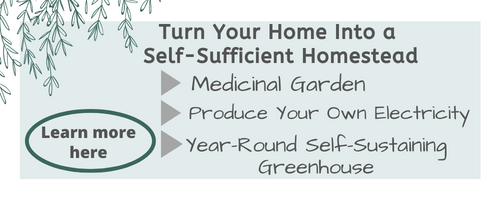

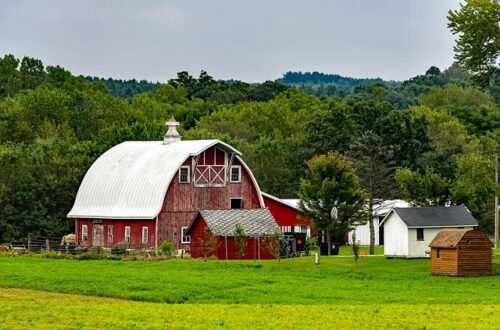
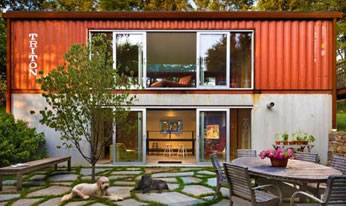

2 Comments
Donna B Reidland
I guess we all have a general idea of what homesteading is but you have clarified the terms.
David
Thanks for dropping by! I’m happy this provided some clarification. 🙂